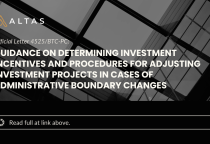A. Introduction
On April 29, 2025, the State Bank of Vietnam (“SBV”) promulgated Circular No. 03/2025/TT-NHNN (“Circular 03”) regulating the opening and use of Vietnamese-dong bank accounts for the purpose of conducting indirect investment activities in Vietnam. This Circular takes effect from June 16, 2025 and officially replaces Circular No. 05/2014/TT-NHNN, which had served as the key legal instrument governing foreign indirect investment accounts for more than a decade.
B. Scope of application and account usage principles
The Circular regulates the opening and use of indirect investment accounts (IICAs) denominated in Vietnamese dong for lawful transactions related to foreign indirect investment. This includes all cash inflows and outflows associated with securities trading, capital contributions to unlisted companies, entrusted investments, and other capital transfers.
Applicable entities:
-
Foreign investors: including non-resident organizations and individuals;
-
Licensed banks and foreign bank branches permitted to provide foreign exchange services;
-
Other organizations and individuals involved in indirect investment activities.
Regarding usage principles, the Circular clearly stipulates that all inflows and outflows related to indirect investment activities must be processed through a single account in Vietnamese dong, referred to as the Indirect Investment Account (IICA). Investors are not allowed to use standard payment accounts or foreign currency accounts for investment purposes. Joint accounts shared among multiple investors are also prohibited, except in certain special cases such as fund management companies that maintain separate trading codes for each client.
Notably, Circular 03 also clarifies that enterprises in which foreign investors hold 50% or more of charter capital shall no longer be classified as indirect investors, but instead fall under the category of direct investors. As such, these enterprises are not permitted to use IICAs and must open direct investment accounts in accordance with separate regulations. This is a significant change, helping to distinguish between indirect and direct investment, and ensuring consistency in the management of foreign capital flows.
These principles aim to centralize capital flows, improve transaction transparency, enhance foreign exchange control, and prevent money laundering. Importantly, the Circular requires that all payment instructions specify the transaction purpose and be accompanied by valid supporting documentation. Banks are authorized to reject any transaction that does not fully meet these requirements.
C. Opening, managing, and closing indirect investment accounts
The Circular provides clear procedures for opening, operating, and closing indirect investment accounts. Foreign investors are required to submit valid identification documents (for individuals) or legal establishment and operation certificates (for organizations), along with documentation supporting their investment activities.
One notable reform is the removal of the requirement for consular legalization of foreign documents. Instead, certified or notarized copies, in accordance with Vietnamese law, are now sufficient. This significantly simplifies the administrative process and shortens the timeline for opening accounts, from several weeks to just a few business days.
When changing the servicing bank, an investor must fully close their existing IICA and transfer any remaining balances before opening a new account. Banks are responsible for guiding investors through the account closure process in compliance with applicable procedures and for ensuring that investment activities remain uninterrupted.
D. Mandatory transactions and capital flow control
Circular 03 provides a detailed list of inflows and outflows that must be processed through the Indirect Investment Account (IICA). On the inflow side, this includes proceeds from the sale of securities or equity shares; dividends and distributed profits; refunds of deposits or escrow funds; investment returns; and transfers from other domestic payment accounts used for investment purposes.
On the outflow side, mandatory transactions include purchases of securities or capital contributions; payments for service fees, taxes, and penalties; foreign currency purchases for the repatriation of profits or capital; and deposits or escrow payments related to investment activities. Additionally, any profit/loss differences or special settlements as required by the State Securities Commission must also be processed through the IICA.
These requirements are intended to ensure that all transactions are traceable and subject to proper oversight, thereby preventing the use of indirect investment accounts for unlawful or unmonitored capital transfers. Foreign investors are strictly prohibited from using IICA balances for non-investment activities such as term deposits, transfers to third parties, or unrelated financial operations.
E. Key innovations and practical implications
Compared to the previous Circular 05/2014/TT-NHNN, Circular 03 introduces a range of groundbreaking reforms:
First, the standardization of the account’s terminology and definition helps align understanding across regulators and market participants, reducing discrepancies in implementation. Second, the Circular permits investors to open multiple accounts corresponding to different trading codes, offering greater flexibility and aligning with international practices. Third, the reform of account-opening procedures, especially the removal of the consular legalization requirement, significantly reduces administrative processing time and allows faster access to the Vietnamese market.
Another notable development is the support for electronic account opening, which aligns with the digital transformation trend in the banking and securities sectors. Furthermore, the prohibition on using IICA balances for unrelated financial purposes (e.g., term deposits) enhances capital flow integrity and limits the misuse of indirect investment as a means to transfer funds unlawfully.
Especially, Circular 03 no longer provides an exhaustive list of indirect investment forms, as was the case in Circular 05. Instead, it adopts a more general approach by covering all “lawful transactions related to indirect investment.” This change enhances flexibility and reduces legal risks in the event that new forms of investment emerge which were not previously listed.
F. How ALTAS Can Assist You:
ALTAS LAW is uniquely positioned to assist your business in navigating these complex administrative reforms. We offer a comprehensive suite of legal and business services designed to provide seamless support during this transition period:
• Accounting and Tax Services: We also offer accounting and tax services to help your business manage the financial implications, including tax planning, tax settlement, tax auditing and tax refund.
• Licensing & Regulatory Compliance: We will meticulously review your existing licenses and permits, advise on necessary amendments or renewals, and guide you through the process of obtaining any new approvals. Our team will also ensure your compliance with all relevant regulatory changes.
Please feel free to reach us via email contact@altas.vn to discuss your specific concerns.








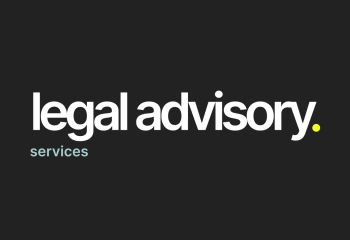
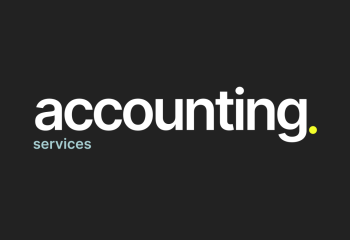
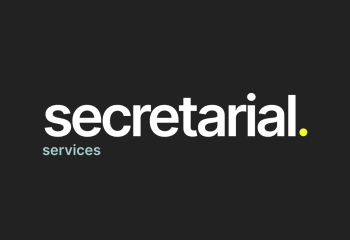
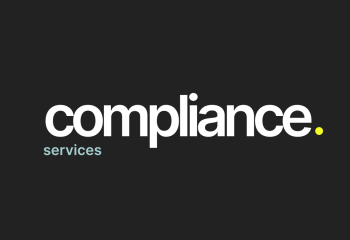


(7).png)
![[LEGAL UPDATE] Voluntary Tax Correction Without Penalties: A Game-Changer in Vietnam’s Tax Administration [LEGAL UPDATE] Voluntary Tax Correction Without Penalties: A Game-Changer in Vietnam’s Tax Administration](thumbs/210x144x1/upload/news/legal-update-j-jan2025-11-9753.png)


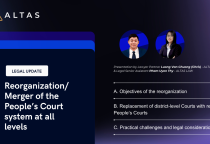
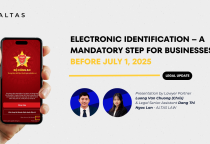



![[LEGAL UPDATE] An Introduction to Vietnam's New Banking Sandbox Mechanism: Decree 94/2025/NĐ-CP [LEGAL UPDATE] An Introduction to Vietnam's New Banking Sandbox Mechanism: Decree 94/2025/NĐ-CP](thumbs/210x144x1/upload/news/legal-update-j-jan2025-2-8926.png)

